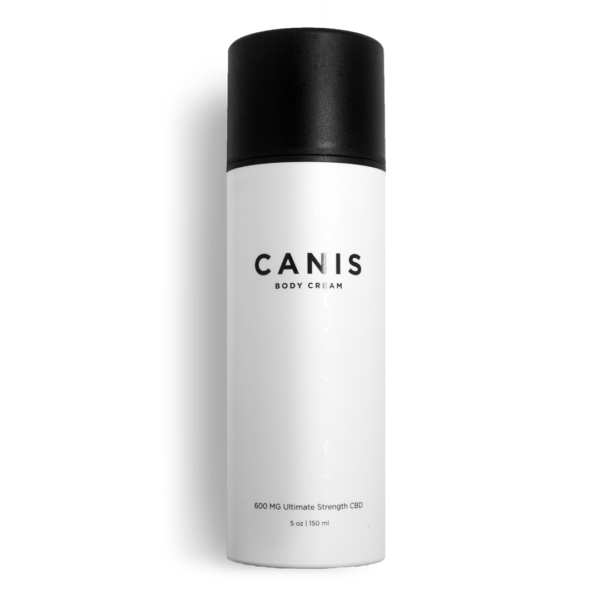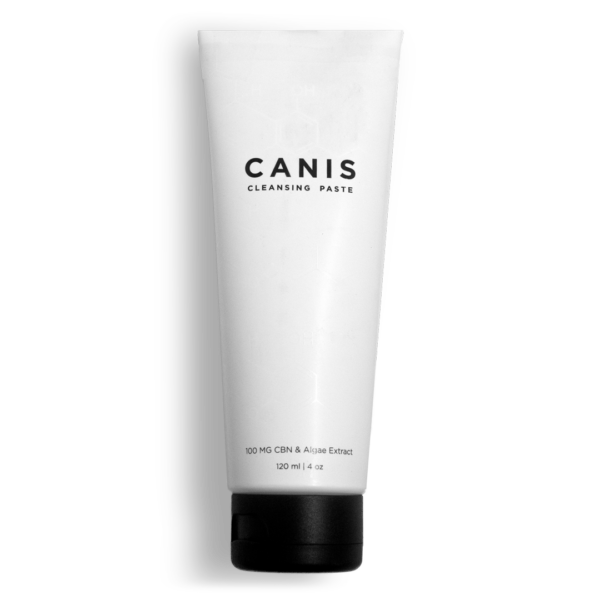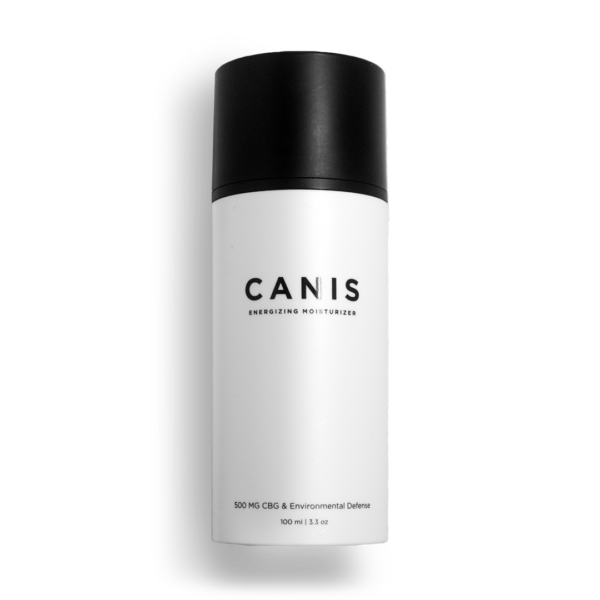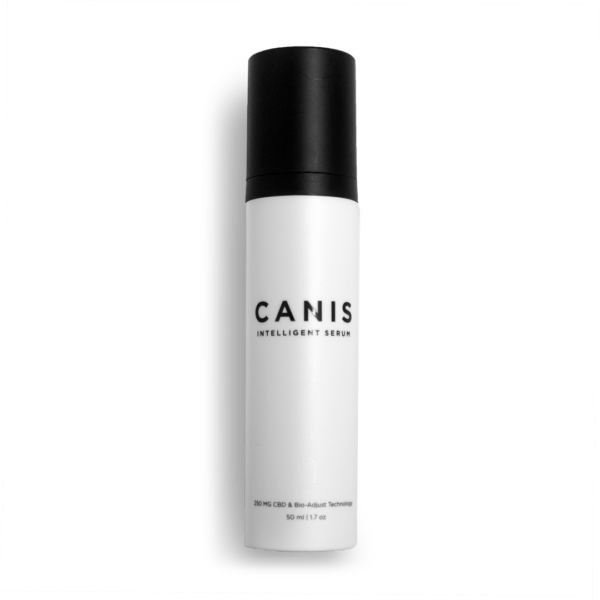Blog
What is CBD Oil? Does it Really Work? 5 Benefits of CBD Oil

You’ve probably heard about cannabidiol, or CBD, which is a recently popularized nutritional supplement that is said to help with pain, inflammation, sleeplessness, anxiety, and a variety of other ailments. Today, we’re going to discuss everything about CBD. What is CBD oil? Where does it come from? Does CBD show up on drug tests? Will CBD make me feel intoxicated? Read on to learn more about CBD and how it may be taken safely.
What is CBD Oil?
If you’re reading this you may be wondering, what is CBD oil? And, do I need it? Cannabidiol, one of the many chemicals in cannabis (hemp or marijuana plant), is extracted and refined into CBD oil. Despite its shady history, CBD oil has no negative side effects because it doesn’t include any of the qualities that cause marijuana abuse side effects. Tetrahydrocannabinol (THC) is a chemical in the cannabis plant that produces psychedelic effects. CBD, like THC, is naturally occurring and non-psychoactive, but unlike THC, it is not considered to be a psychotropic substance since it does not impair one’s ability to perform necessary activities. CBD is completely safe to consume on a regular basis, even though it has no side effects for the majority of people.
Why is THC (tetrahydrocannabinol) illegal while CBD (cannabidiol) isn’t?
Tetrahydrocannabinol and cannabidiol are both found in the same plant, but their effects on the body are quite different. Why is that so? The long answer is that many of these chemicals and their interactions with the human body are complex, but the short answer is that they each impact various regions of the brain. The prefrontal cortex and frontal cortex of the brain responsible for planning and judging, as well as the pleasure system of the brain, which is responsible for generating feelings of happiness and pleasure are all affected by THC. Deafness can have a wide range of impacts. It might affect your vision and hearing, as well as your decision-making skills, behavior, and more.
Cannabis indica (THC) is a bit more mind-altering and euphoric, whereas cannabis sativa (CBD) is not intoxicating or stimulatory to the same receptors in the brain that THC activates, yet it produces a soothing, calm effect on the mind and body without interfering with mental function or daily activities. Because of this, CBD is not regarded dangerous, hallucinogenic, or psycho-active. CBD is now legal in all 50 states and more than 40 nations across the world, demonstrating that it has a wide range of therapeutic applications.
What is CBD Oil and how CBD Oil is Made
Cannabidiol (CBD) oil is produced by extracting cannabidiol from the cannabis, or hemp, plant. The most effective technique for extracting cannabidiol from the hemp plant is to use carbon dioxide chambers to push the compound out of it. Alternatively, soaking the plant in grain alcohol or olive oil leaves cannabidiol in a liquid state.
Single Compound vs. Whole Plant Extract CBD Oil
CBD oil may be produced via carbon dioxide extraction, olive oil extraction, and alcohol extraction. Single-compound extractions are the process of extracting cannabidiol from cannabis plants using methods such as liquid carbon dioxide. The whole plant extraction technique, on the other hand, utilizes the complete plant. Some people, on the other hand, prefer to use the entire plant in its entirety. The components of single-compound extract supplements, as well as the part of the plant utilized, varies greatly.
Single Compound: The hemp flower is only separated into two components: “THC” and “CBD.”
Full-Spectrum Extract: Hemp flowers are used to extract cannabinoids, including CBD, CBG, and more. The “entourage effect” occurs when the hemp flower is used because all cannabinoids in it have an entourage effect, where healing improves as a result of the various components working together. Tetrahydrocannabinol (THC) is a cannabinoid, however it is only present in trace amounts in hemp flower (as opposed to marijuana). Some CBD products go one step further by removing this minute amount of THC before bottling.
How CBD oil Works
Cannabidiol activates brain receptors that relieve anxiety and counteract pain receptors. These actions help you relax, find relief from chronic pain, and relieve emotional stress-related inflammation in the body. On a molecular level, that’s the case. Cannabidiol (CBD) has the potential to interact with dozens of receptors in the brain while avoiding many pharmaceuticals’ undesirable effects. CBD interacts with a variety of brain receptors, including:
CBD and Nuclear Receptors
Cannabidiol has long been extolled as a cancer-fighting wonder drug. Is there any proof to back up such a bold statement? It’s been said that Cannabidiol has the potential to prevent tumor growth and can even assist in tumor treatment. Because CBD interacts with PPAR receptors, also known as nuclear receptors, which are located on the nucleus of a human cell, this occurs. The endocannabinoid system is a natural defense mechanism that regulates cell growth and prevents tumors from forming. Many biological processes are affected by nuclear receptors, including insulin sensitivity, inflammation, energy conversion, lipid uptake, and more.
CBD and Orphan Receptors
According to research, CBD interacts with G-protein receptors known as GPR55, also known as orphan receptors, since scientists are still undecided whether these receptors belong to a larger group of receptors that control bodily functions or if they operate independently.Nonetheless, studies suggest a direct relationship between these receptors and blood pressure, bone density, and inflammation. Pharmaceutical firms have spent years researching the connections between CBD and these receptors in order to learn how to effectively lower blood pressure via medicines that target these receptors, but why spend money on high co-pays and other unnecessary components when you may get all-natural and effective CBD?
CBD and Serotonin Receptors
Our brains have serotonin receptors, which are responsible for regulating our moods, stress levels, and more. Cannabidiol’s anti-anxiety effect comes from it interacting with serotonin receptors in the brain and body. CBD oil has been shown to be effective in the treatment of depression, nausea, and addiction related to serotonin receptors.
CBD and Vanilloid Receptors
When cannabidiol interacts with vanilloid receptors that control body temperature, inflammation, and pain perception, it has a therapeutic impact on the body that can help with headaches and chronic pain while also lowering cholesterol and reducing the risk of cardiovascular disease, heart attacks, and strokes.
What is CBD oil and the benefits you'll receive
We’ve discussed CBD’s effects on the brain and various receptors. Now let’s look at how CBD may help with particular health problems.
1. CBD Oil for Diabetes
According to the European Food Safety Authority, cannabidiol can prevent insulin sensitivity and insulin resistance. The claims that it helps prevent diabetes are sustainable. CBD oil can help type 1 and 2 diabetics lower the amount of insulin they need to maintain proper blood sugar levels and see more consistent blood glucose levels if used on a regular basis.
2. CBD Oil for Anxiety and Depression
CBD works in the brain by targeting specific serotonin receptors, much as anti-anxiety medications and antidepressants do. Without the severe negative consequences of prescription medicines used to treat anxiety and depression such as sexual dysfunction, nausea, vomiting, headaches, mood swings, suicidal thoughts, and more, CBD effectively targets serotonin receptors. Cannabidiol’s neuroprotective properties, in addition to its capacity to communicate with a range of brain receptors, have been noted for having a soothing impact on the brain and human body, which is why it has been utilized by individuals suffering from anxiety and mood disorders, sleeplessness, and more.
3. CBD Oil for Pain Relief
CBD is a powerful all-natural remedy for chronic or acute pain caused by headaches, joint discomfort, arthritis, chemotherapy therapies, and other causes. CBD does not have the same addictiveness or unpleasant withdrawal effects associated with traditional pain medicines, making it an attractive option for long-term pain treatment without the risk of developing dependency or suffering. CBD oil does not have to be taken with food, which is why it’s become so popular among cancer patients and people who suffer from chronic nausea or vomiting.
4. CBD Oil for Alleviating Chronic Stress and Inflammation
Cannabidiol has been found to help with chronic stress-induced inflammation by providing a soothing effect. Diabetics may benefit from CBD’s anti-inflammatory effects, which can cause blood sugar levels to spike and lead to excessive or insufficient insulin production.
5. CBD Oil for High Cholesterol and High Blood Pressure
CBD’s ability to regulate lipoprotein uptake and blood pressure has been demonstrated to reduce cholesterol levels. How does this work? Cannabidiol (CBD) interacts with receptors that regulate blood pressure and cholesterol, and it can also be used to manage high blood pressure linked to stress and overwhelm.






